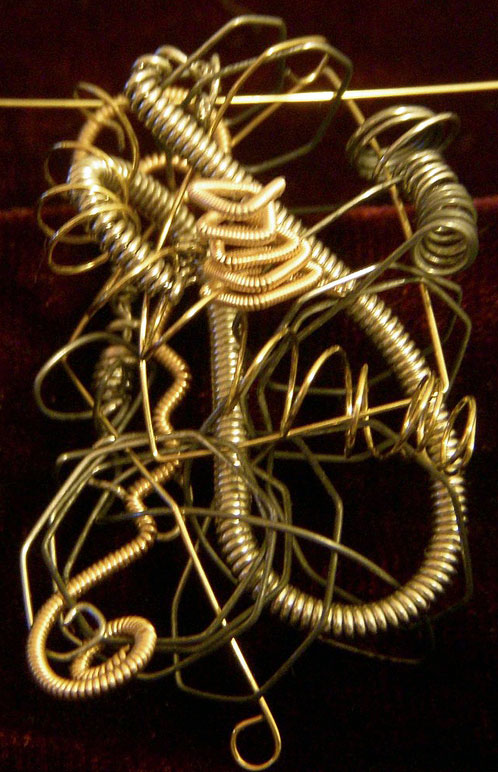I know so many amateur guitar players who spend thousands of dollars buying a great axe, but they won’t spend a few dollars on a regular basis to put fresh strings on their guitar! The one thing that will improve the sound and the heart of your guitar when it sings for you is always making sure you have new strings on the instrument. Dirty strings are dead strings. Dead strings depress you. When you’re feeling disappointed in your musical sound, you practice less, and you avoid playing more.

If you can’t afford to routinely change your strings every two-four weeks — even if they don’t need it — then you need to really learn how to listen for strings degradation.
I have learned that when I start to get string buzzing on some frets, it is time to change my strings. I took me a long while to figure out that buzzing wasn’t my neck or my bridge, it was the strings losing their bounce-back elasticity. I like a really low action, so buzzing frets is a good early warning system for me to realize a change is needed.
Another sign of aging strings is a lack of “brightness.” New strings have a bouncy brightness that feels joyous in the ear. When the strings begin to dull and lose their bite, it’s time to replace them because once the bright is gone, the dull stays around forever.
If you use flatwound strings, the brightness test can be more tricksy to discern, because flatwounds are made to sound and play more mellow. Flatwounds tend to last longer than roundwounds, but placing flatwounds on a strict replacement schedule will always guarantee your strings are fresh and taut and ready to vibrate.
Other indicators that your strings have been on your guitar too long include rust pitting, yes, you can actually feel the rusty spots on the strings with your fingers. Another is the inability to hold in tune. If your strings are slipping and if you’re finding you have to re-tune after every song, try changing your strings to see if you can, once again, get back that sound that drew you to the guitar in the first place.
The environmentalist in me wants to know — is there a way to recycle guitar strings — or are they always straight to the trash heap?
I don’t know if you can recycle guitar strings as part of a city recycling program or not. Some people make jewelry out of the spent strings. Others collect them by winding them into a giant ball. I throw them away because they are bits of super-sharp wire that can puncture and hurt you. I carefully wrap them around each other as best I can and then put them in some sort of paper container to prevent the uncoiling stabs.